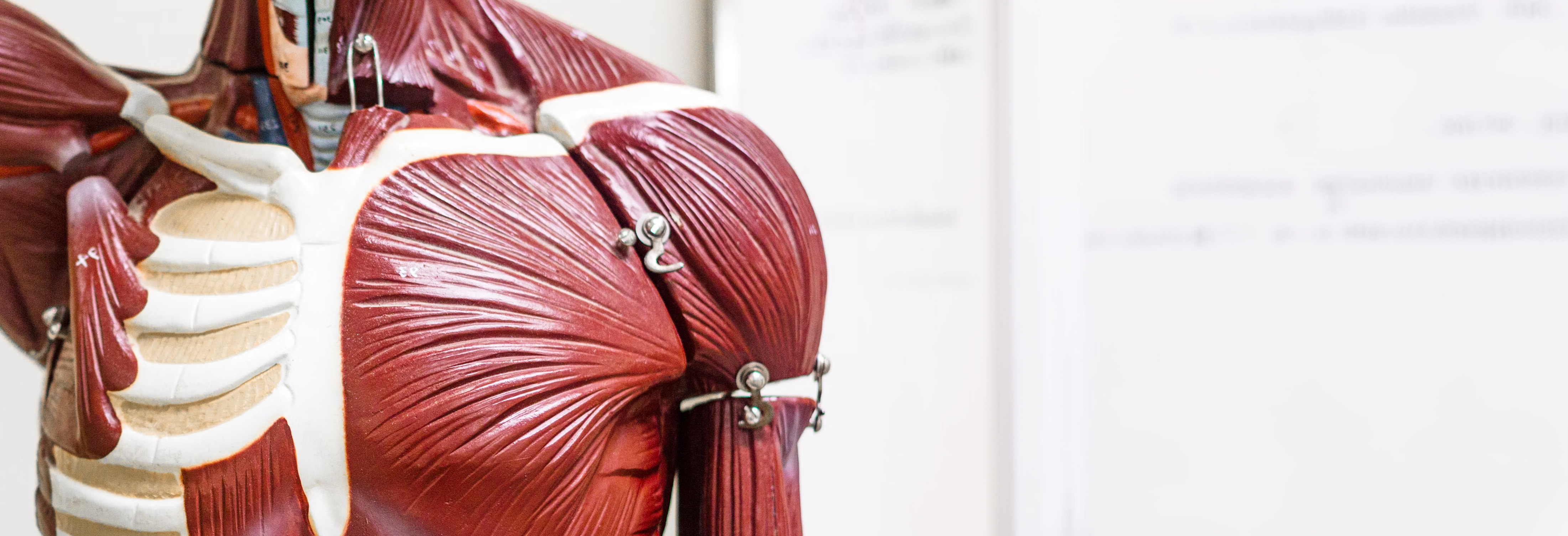< Projects

Regulating Artificially Intelligent Diagnostic Algorithms in Orthopaedic Medicine
Background
As digitalization within our society increases so too are emerging technologies such as artificial intelligence (AI) being used in order to make all domains more effective. The implementation of AI into the health care domain is especially complex as the risks associated with this domain are magnified. It is for this reason that the implementation of AI in the Swedish health care system has been a lot slower compared to other fields. Any implementation of AI must invariably start with a mapping of the analogue processes, in this case the patient diagnostic and treatment process. Only then can a determination be made regarding how AI can most effectively be applied, considering relevant ethical and legal values.
Aim
To create a schematic blueprint for the development and application for an orthopedic medicine AI system that will suggest the optimal course of action in relation to acute injury treatment, thereby assisting specialists with the decision-making processes. The project addresses four research questions: what factors influence diagnostic and treatment decisions, what does the effective introduction of AI entail, what are the relevant ethical and legal considerations, and how should these factors be balanced against each other?
Methods
The research questions will be addressed by providing a description of the typical ‘medical processes timeline’ and focus on how this can be made more effective while at the same time adhering to current and future ethical and legal frameworks.
Significance
This project is unique in that it takes a human-centred approach, reflecting not only clinical factors but also non-medical factors relevant to patient autonomy, fear of pain, loss of function, and motivation. A multi-stakeholder perspective, including input from medical practitioners, patients, legal scholars, and data scientists, will facilitate a comprehensive exploration of risks and challenges. The anticipated impact includes promoting the acceptance of AI systems within orthopaedic medicine, enhancing data-driven precision medicine and diagnostics, strengthening patient rights, promoting legal science, and advancing legal analysis of technological solutions.
Start: September 2023
End: 31 December 2025
Project type
Seed-Money between WASP-HS and DDLS
Universities and institutes
Karolinska Institutet
Stockholm University
Project members

Stanley Joel Greenstein
Assistant Professor
Stockholm University

Max Gordon
Associate Professor
Karolinska Institutet

